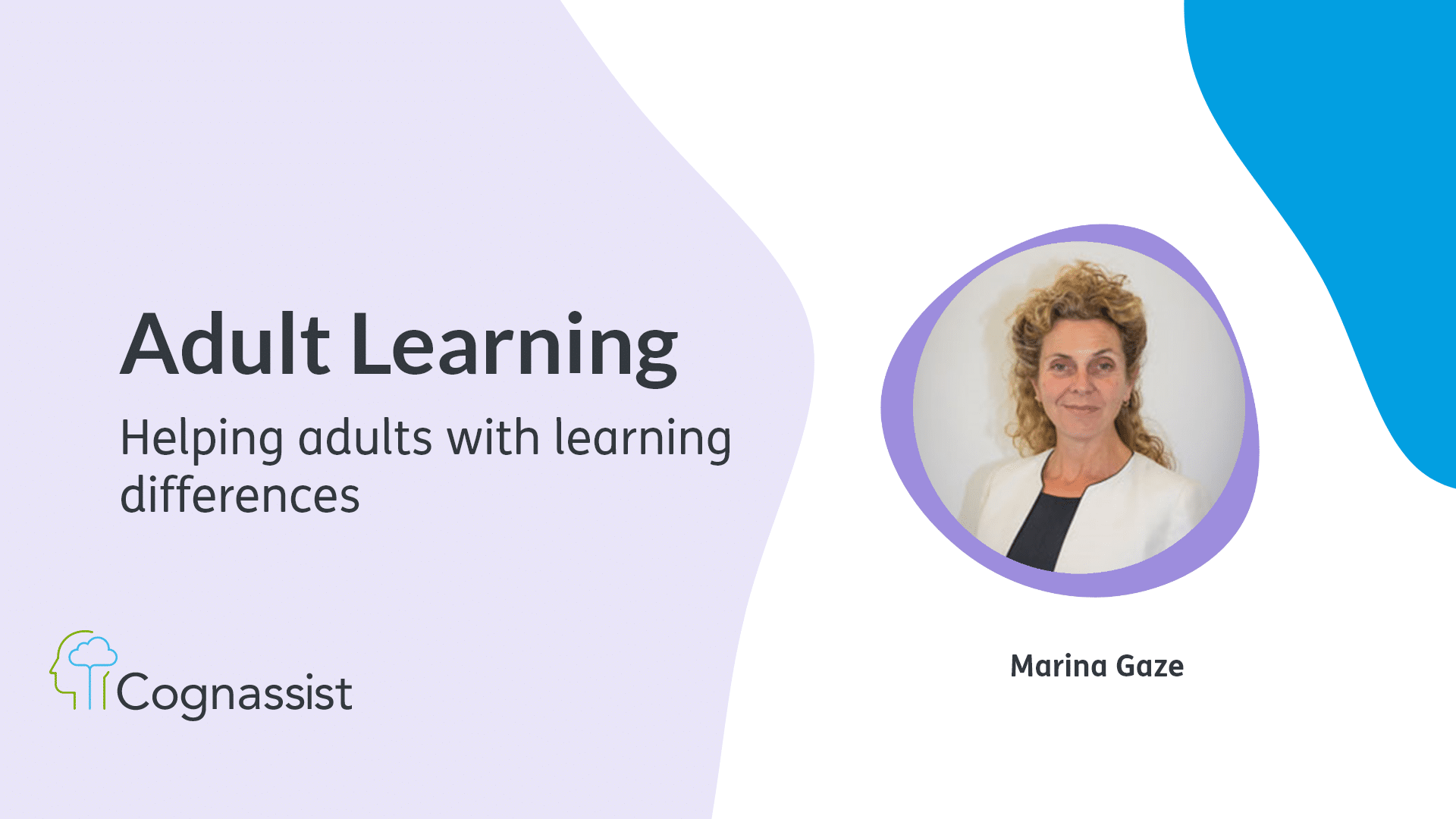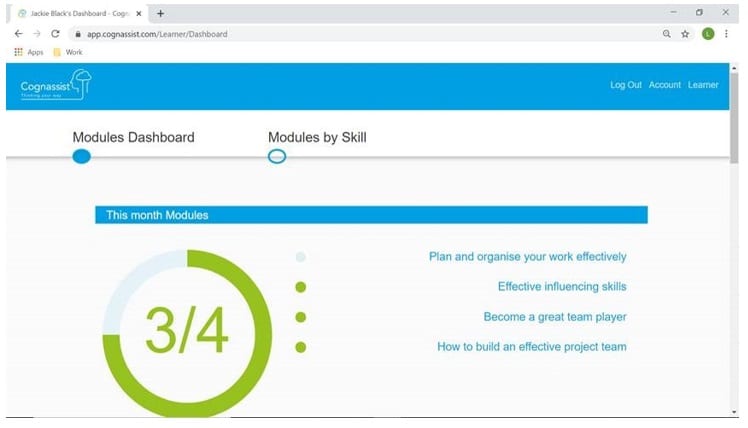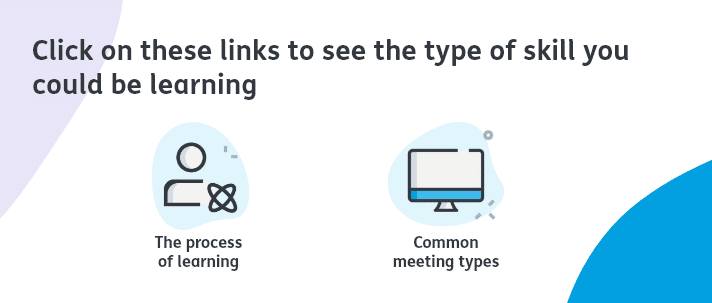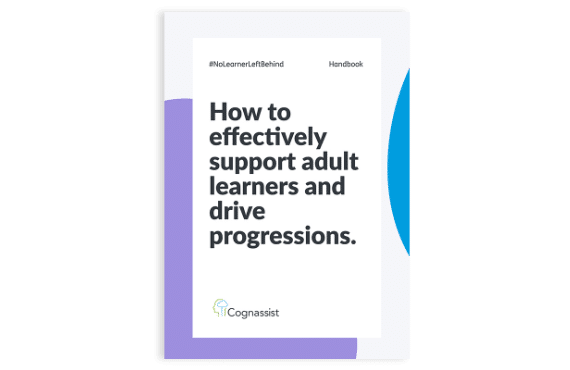
Helping adults with learning differences
What makes adults with learning differences distinct?
In my experience, most adults with learning differences are very clever people.
They have often spent much of their life covering up or self-managing their learning differences.
Usually, they have worked very hard to get to where they are in their career and education. This has often meant missing out on the social side of life.
Many adults with learning differences are highly motivated. They may be doing degrees or taking courses in accountancy.
However, they may drop out because of the pressure they put themselves under to get the high grades they want.
Adults have often spent years hiding who they are and the difficulties they have with spelling, reading and writing.
The strategies they put in place to mask these problems build a false persona.
All this puts the person under a huge amount of pressure. It can lead to increased stress, fatigue and mental health issues.
But remember, whatever has happened, it is in the past.
Things can be different.
Providers using Cognassist will understand your issues and be able to support them.
The future will be different, as you will have strategies to take forward with you.
Identification and support
Some people with learning differences are lucky and are diagnosed early, say by the age of four.
They quickly get support.
By the time they progress to work or university, they have an effective range of coping strategies they can use.
Late diagnosis brings a range of problems, including loss of self-confidence, under-achievement and sheer exhaustion from devoting excessive time to studying.
Providers sometimes say, “we don’t need to assess student A because she isn’t struggling.”
But struggle can be very private and well hidden. It is much fairer if providers assess everyone.
Assessment could reveal some surprises and start some powerful conversations.
What is Cognassist?
Cognassist is a system designed to help people learn.
It does this by testing literacy, numeracy and six of the main areas (domains) involved in learning and thinking.
The results of these tests are used to create tailored resources for each individual. These resources help the individual learn strategies to overcome their difficulties.
Cognassist has been designed by neurodiversity and cognition experts. It has been used by over 87,000 learners.

How can Cognassist help me?
Specialist guidance is provided for tutors, so they know how to adapt and personalise training.
Learners receive individual strategies so they can access challenging teaching and make good progress.
The strategies are shown on a simple adult learner dashboard (below)

How has Cognassist been adapted for adults?
The platform focuses on the soft skills adults need for working life.
Strategies for adults are short and sweet, and have a quick impact.
So even if you are on a three-month course, you can choose domain-specific strategies, and work on them.

Accessible technology
A big barrier adult learners face is technology.
Adults often feel afraid of technology and left behind.
Many adult learners tell us that using Cognassist helps develop their confidence and ability using technology.
From being afraid of computers, they have become computer literate and gained functional skills qualifications in IT.
Remember you can access Cognassist strategies by phone, tablet or any other electronic device.
What learners say
From 270,978 learner responses, Over 85% of learners say they will use our strategies in work, study and daily life, and 98% of the same number found their strategy useful.
Here are some quotes from learners:
- “I understand myself better.”
- “As a foreign student, I find it very user friendly.”
- “Using Cognassist helped me straight away. I turned to my line manager and said, ‘this is weird how much it helps’.”
But don’t take my word for it. You can find more learners’ views on Cognassist’s Success Stories.
Remember, anyone can be a learner at any stage of their life.
And Cognassist has released a great handbook offering practical steps providers can take to drive progressions and create more opportunities for adult learners. Download it below.
Don’t be afraid.
There is support, even for short courses.

Marina Gaze
former Ofsted Deputy Director, FE and Skills
Download our free handbook
What’s included?
- How to understand the different needs of your adult learners.
- Best practice support for adult learners.
- How to accurately demonstrate intent, implementation and impact to Ofsted.
- How to build a learning journey with high impact support.
- Best practice evidencing.

